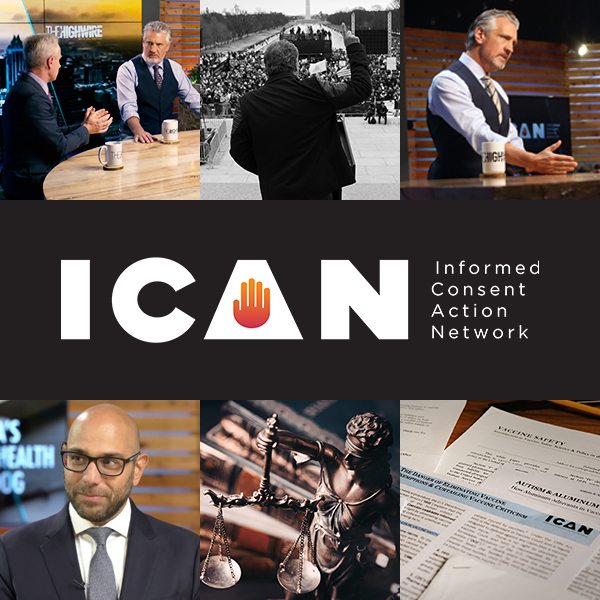

ICAN, through its attorneys, sued YouTube and Facebook at the end of last year for wrongfully and illegally terminating ICAN’s YouTube channel and its Facebook page without warning – a direct infringement of ICAN’s right to freedom of speech. The social media platforms moved to dismiss the lawsuit and ICAN has fired back.
In its recent opposition to Facebook and YouTube’s motion to dismiss, ICAN explains to the court how members of Congress, through threats and coercion, prevailed on having Facebook and YouTube censor ICAN. This conduct was illegal because these members of Congress would be prohibited from censoring ICAN under the first amendment right to free speech. Members of Congress could not do through Facebook and YouTube what the members of Congress were prohibited from doing directly.
As explained in the preliminary statement in ICAN’s opposition to Facebook and YouTube’s motion to dismiss:
The Amended Complaint explains how social media companies have little to no business reason to limit their users’ speech. Nevertheless, it also describes how Section 230 of the Communications Decency Act is critical to Defendants’ businesses, and how through the Russian election interference scandal, Members of Congress learned how to use Defendants’ pressure point regarding Section 230 to get Defendants to act as the congresspersons wanted. The Amended Complaint then presents multiple examples where those Members of Congress used implicit and explicit threats to Section 230 as a means to force Defendants to censor speech (e.g., hate speech, census misinformation, and vaccine misinformation), and despite having no business incentive to comply with these requests, Defendants complied. When a company acts against its business interests, that is prima facie evidence that the company is acting as a result of coercion or some other outside pressures.
After COVID-19 hit, Chairman Schiff used this same playbook to get Defendants to censor speech that contradicted the government, and Defendants obliged. By this point he did not even need to use direct threats, everyone involved knew the potential consequences for Section 230 if Defendants did not comply. Moreover, the Amended Complaint alleges that Defendants admitted to working closely with government officials in crafting their COVID-19 policies. Therefore, it should come as no surprise that rather than implement a nuanced approach whereby Defendants evaluated each claim on its merits, Defendants simply adopted the government’s position on everything to do with COVID-19, and stated that any postings that contradicted the government were to be censored. The First Amendment would unquestionably have blocked Chairman Schiff from passing a law silencing these criticisms, thus, he had to use Defendants as his cat’s paw to accomplish this goal.
The State Action doctrine was developed specifically to prohibit such actions where a government actor uses a private entity to accomplish a goal the government is prohibited from accomplishing. Here, Defendants had no problem with Plaintiffs’ content until they were told to have a problem with it by Chairman Schiff. Therefore, by acceding to Chairman Schiff’s wishes, and then willingly partnering with governmental entities to establish what was the truth, Defendants chose to become state actors and were obligated to respect Plaintiffs’ First Amendment rights just as Chairman Schiff would have been.
Defendants attempt to undermine these strong claims by mischaracterizing them and then presenting a number of technical arguments intended to make those claims seem “improbable.” However, when viewed in their totality, Defendants’ actions were clearly attributable to the government. For these reasons, Defendants’ motion to dismiss should be denied.
Facebook and YouTube will soon submit a reply brief and then the parties will await a decision from the court.
ICAN remains dedicated to fighting even the most challenging, unprecedented battles in the name of freedom of choice and freedom of speech.
